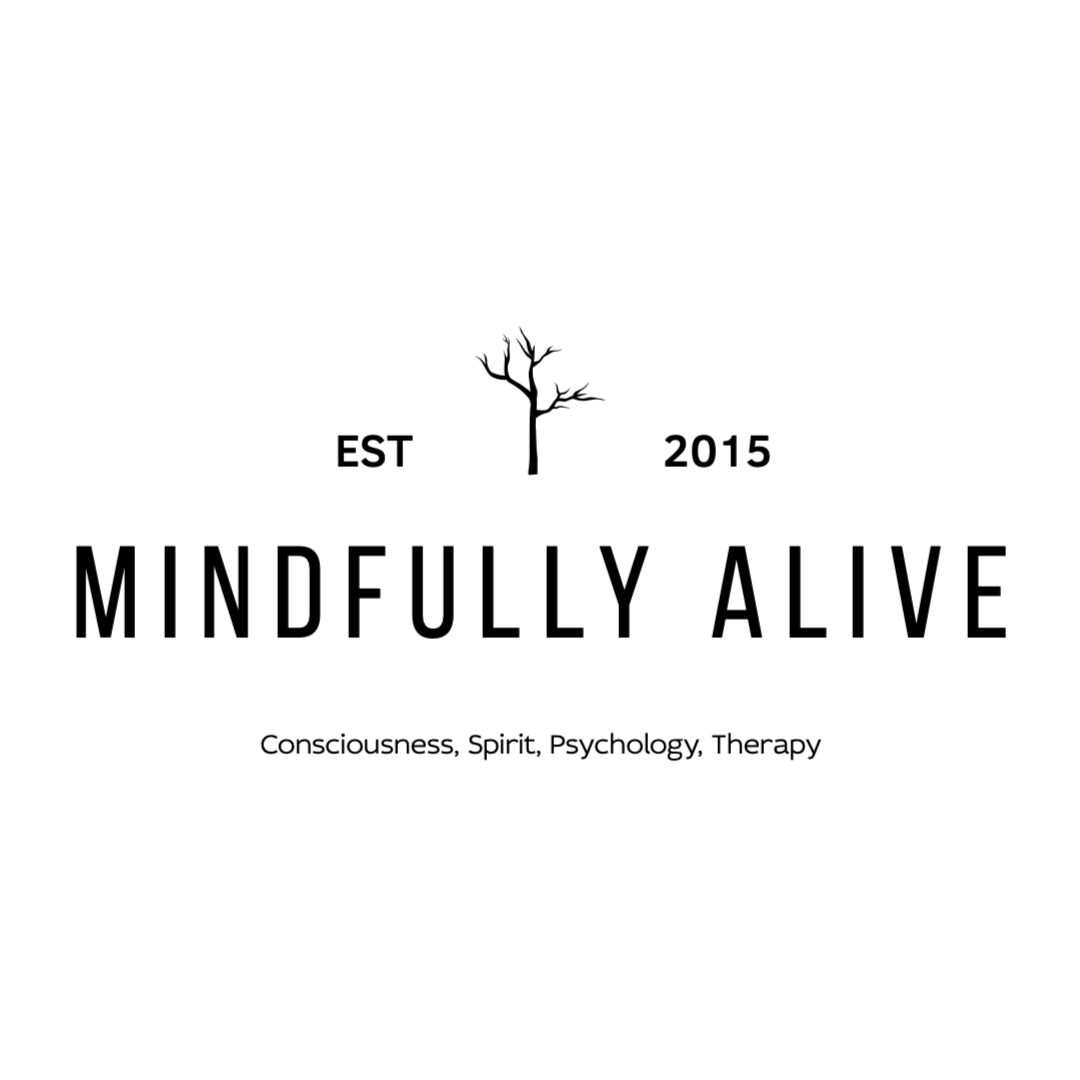Understanding Your Trauma Lens
Understanding Your Unique Perspective: How Trauma Shapes Your View of the World
 Each of us has a completely unique way of seeing the world. We may overgeneralize the angle (i.e., rose-colored versus pessimistic), and often ignore the characteristics that influence it, but our perspective is exclusive to our individual experience. That makes it our responsibility to understand how the life we have lived thus far is influencing our present and future selves (i.e., which version of us is in control?). Sometimes we get stuck in one narrative—one form—of ourselves, repeating and reinforcing an identity that may not be the best fit. This can often be a symptom of trauma. Trauma therapy for healing and personal growth can help break these patterns, allowing us to regain control and rewrite our story. Worse yet, when we are traumatized multiple times, over time, without realizing it, we may feel more like a participant in our lives than the creator.
Each of us has a completely unique way of seeing the world. We may overgeneralize the angle (i.e., rose-colored versus pessimistic), and often ignore the characteristics that influence it, but our perspective is exclusive to our individual experience. That makes it our responsibility to understand how the life we have lived thus far is influencing our present and future selves (i.e., which version of us is in control?). Sometimes we get stuck in one narrative—one form—of ourselves, repeating and reinforcing an identity that may not be the best fit. This can often be a symptom of trauma. Trauma therapy for healing and personal growth can help break these patterns, allowing us to regain control and rewrite our story. Worse yet, when we are traumatized multiple times, over time, without realizing it, we may feel more like a participant in our lives than the creator.
The Power of Reflection: Are You Stuck in a Repetitive Narrative?
unaddressed trauma can create a cycle of negative self-perception and life patterns.
 Our experiences shape how we make sense of the world. When we have one profound and beautiful experience we may not fully appreciate it but, when there are many, we are enlightened by them. If we have one deeply distressing or disturbing experience, we may be able to “get over it” but, if there are many of these experiences, then trauma becomes a strong informant that develops complexity over time. This process can erode our core beliefs and sense of self, often embedding a sense of hopelessness and/or despair into our identity. To make sense of these effects consider, how satisfied are you with your life right now? Take a breath and be honest with yourself as you answer this. Are there any behaviors, or barriers, that require revision? Is there anything that may be holding you back (ie. avoidance, procrastination, rigid thinking, emotional disconnect, fear of being seen, etc)? Rather than judging these responses, know that they are a side effect of your maturity— they developed over time, as you did, and likely for good reason. The importance here is to notice their impact and regain control.
Our experiences shape how we make sense of the world. When we have one profound and beautiful experience we may not fully appreciate it but, when there are many, we are enlightened by them. If we have one deeply distressing or disturbing experience, we may be able to “get over it” but, if there are many of these experiences, then trauma becomes a strong informant that develops complexity over time. This process can erode our core beliefs and sense of self, often embedding a sense of hopelessness and/or despair into our identity. To make sense of these effects consider, how satisfied are you with your life right now? Take a breath and be honest with yourself as you answer this. Are there any behaviors, or barriers, that require revision? Is there anything that may be holding you back (ie. avoidance, procrastination, rigid thinking, emotional disconnect, fear of being seen, etc)? Rather than judging these responses, know that they are a side effect of your maturity— they developed over time, as you did, and likely for good reason. The importance here is to notice their impact and regain control.
Fear and Safety: Why Avoidance Might Be Holding You Back from Healing
fear from past trauma can manifest as avoidance and hinder personal growth
 It may seem safer to stay small and live a life that feels mundane to you. But if that was something you could really tolerate, you probably wouldn’t have read this far. Safety is hardwired into our DNA; it’s essential for our survival. As we’ve developed over time, though, the threats against us have evolved from harsh elements and wild animals to doctor’s appointments and deadlines. The hazards we perceive in life are based on our exposure. Thus, if we never take risks, we’ll fear everything. This may then manifest as avoidance, leading to failure to launch (a new project, relationship, idea), which can lead to overthinking and may increase emotional disconnect—all of which likely stemmed from the fear of being seen and/or misunderstood. Trauma therapy for personal growth can help address these fears, allowing you to break free from avoidance and step into a more empowered version of yourself
It may seem safer to stay small and live a life that feels mundane to you. But if that was something you could really tolerate, you probably wouldn’t have read this far. Safety is hardwired into our DNA; it’s essential for our survival. As we’ve developed over time, though, the threats against us have evolved from harsh elements and wild animals to doctor’s appointments and deadlines. The hazards we perceive in life are based on our exposure. Thus, if we never take risks, we’ll fear everything. This may then manifest as avoidance, leading to failure to launch (a new project, relationship, idea), which can lead to overthinking and may increase emotional disconnect—all of which likely stemmed from the fear of being seen and/or misunderstood. Trauma therapy for personal growth can help address these fears, allowing you to break free from avoidance and step into a more empowered version of yourself
Facing Your Fears: How to Transform Trauma-Induced Anxiety into Empowerment
navigate fear with courage and build a life aligned with your true potential.
 If you hide from or deny yourself, it’ll be nearly impossible to genuinely live up to your goals and expectations, let alone for anyone else to see you for who you truly are. You are a multi-potential individual, the possibilities are endless. Welcome in all of the parts of yourself—including the parts that are hard and often dark. You can metabolize and integrate the creativity, the assertiveness, the thoughtfulness that these parts bring into your perspective. Use their powers to your benefit rather than building barriers. Resource those parts to set the boundaries, take initiative, and be the owner and cultivator of the life you desire. Trauma therapy for personal growth can help you embrace all aspects of yourself, even the challenging ones, to unlock your true potential. Discomfort is a crucial part of this process. We’re disrupting the status quo, and that’s bound to ripple outward. The “guilt” we may feel as a result of this, of protecting our needs or expanding our interests, is really our empathy in overdrive—an attempt to process and neutralize the emotions of others. Be brave enough to ground yourself in your intentions and take action to follow through, in spite of the contradicting messages that may plague you. Lean into your uniqueness and find inspiration to be yourself in a system that often encourages you to be someone else.
If you hide from or deny yourself, it’ll be nearly impossible to genuinely live up to your goals and expectations, let alone for anyone else to see you for who you truly are. You are a multi-potential individual, the possibilities are endless. Welcome in all of the parts of yourself—including the parts that are hard and often dark. You can metabolize and integrate the creativity, the assertiveness, the thoughtfulness that these parts bring into your perspective. Use their powers to your benefit rather than building barriers. Resource those parts to set the boundaries, take initiative, and be the owner and cultivator of the life you desire. Trauma therapy for personal growth can help you embrace all aspects of yourself, even the challenging ones, to unlock your true potential. Discomfort is a crucial part of this process. We’re disrupting the status quo, and that’s bound to ripple outward. The “guilt” we may feel as a result of this, of protecting our needs or expanding our interests, is really our empathy in overdrive—an attempt to process and neutralize the emotions of others. Be brave enough to ground yourself in your intentions and take action to follow through, in spite of the contradicting messages that may plague you. Lean into your uniqueness and find inspiration to be yourself in a system that often encourages you to be someone else.
Practical Tools for Overcoming Mental Spirals: Stop the Cycle of Self-Doubt
Mindfulness Tip: Disrupting The Feedback Loop
Breaking and repairing negative thought patterns is no easy feat! It’s frustrating to fight the parts of yourself that are misaligned. That’s because we don’t really want to fight them, we want them to unite with us. Here are some ways to combat the cycle when a mental spiral ensues:
- Recognize your thoughts. Notice the language, the tone, the content, the timing. Familiarize yourself with these parts.
- Challenge your thoughts. You don’t have to believe everything that comes into your mind. You can continue to be curious, fact check, doubt, and invalidate any thought that does not resonate with your beliefs.
- Be compassionate. Be sympathetic to your own experience. Notice and acknowledge where these patterns are creating suffering within you.
- Focus on the present. When our mind wanders, we are often living in the past, future, or fantasy. Challenge yourself to come back to your breath (the force of life that drives each moment of your day) and just take one at a time.
- Express yourself. Bring the inside out. Find methods for releasing physical, mental, and emotional turmoil rather than denying, suppressing, and avoiding it.
“It’s your reaction to adversity, not adversity itself that determines how your life’s story will develop.”― Dieter F. Uchtdorf






Be the first to reply